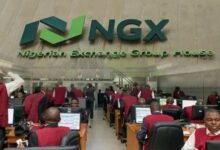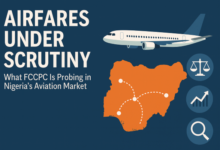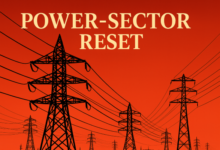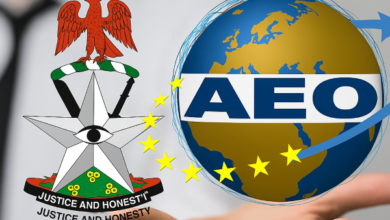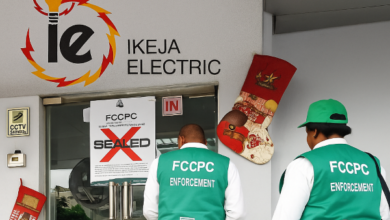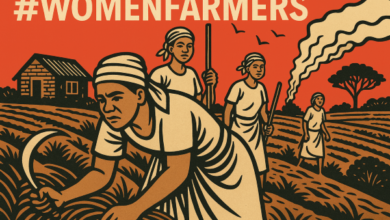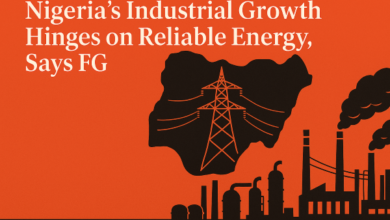NGX Chairman, Kwairanga Pushes for West African Economic Unity to Unlock Investment Potential
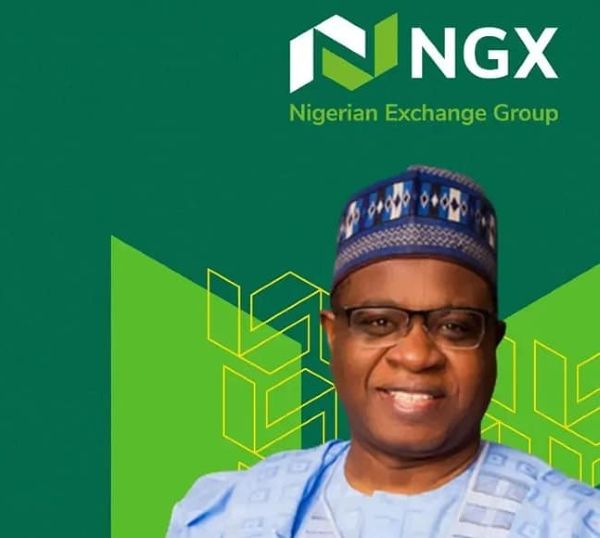
In a bold pitch for regional integration as a lever for accelerated economic growth, Dr. Umaru Kwairanga, Chairman of the Nigerian Exchange Group (NGX), has urged West African nations to strengthen economic and commercial ties in order to maximise the region’s collective potential and global competitiveness.
Speaking at the inaugural West Africa Economic Summit (WAES), Kwairanga made a compelling case for market integration, unified capital flows, and deeper financial interconnectivity across the sub-region, likening the untapped economic bloc to “a sleeping giant.”
“There is power in unity and strength in size,” Kwairanga asserted. “Just as the economic clout of the U.S. and China is partly rooted in their scale, West Africa must harness its demographic and market size through strategic integration.”
His comments, released in a statement by NGX on Sunday, reflect growing consensus among policymakers, capital market operators, and regional stakeholders that Africa’s fragmentation is a drag on growth—and a missed opportunity in the global investment arena.
Capital Markets as Catalysts
Kwairanga spotlighted the Nigerian Exchange Group’s pivotal role in driving regional financial integration, especially through initiatives like the African Exchanges Linkage Project (AELP). The AELP connects 18 African bourses, allowing for cross-border trading, capital mobilisation, and data harmonisation—crucial steps in building a pan-African capital market.
Already, major corporates listed on the NGX—including Dangote Cement, Zenith Bank, Access Holdings, FBN Holdings, and Ecobank—are operating across borders, serving as trailblazers for regional scale-ups. Kwairanga noted that NGX is poised to support even more companies with regional expansion ambitions, offering listings, investor access, and capital tools that transcend national silos.
Intra-Africa Trade: The Trillion-Dollar Gap
Despite the African Continental Free Trade Area (AfCFTA) coming into effect in 2021, intra-African trade remains stubbornly low—hovering around 15% of total African trade, compared to 60% in Asia and 70% in Europe. According to the NGX Chairman, the West African corridor is particularly affected by non-tariff barriers, regulatory misalignment, poor infrastructure, and policy inertia.
“Many economic opportunities in our region remain dormant due to neglect and avoidable constraints,” Kwairanga said. “Forums like WAES can serve as a launchpad to remove these bottlenecks and catalyse regional commerce.”
He advocated for actionable frameworks to enable free movement of people, simplified customs protocols, and integrated financial systems, stressing that these would not only energise local businesses but also attract institutional capital seeking scalable growth in emerging markets.
Political Will Meets Capital Market Capacity
Kwairanga’s remarks also carried a strong endorsement of recent government efforts to recalibrate regional diplomacy towards economic cooperation. He praised President Bola Tinubu and Minister of Foreign Affairs, Ambassador Yusuf Tuggar, for convening the summit within a short timeframe and setting a policy tone that prioritises economic diplomacy.
The alignment between sovereign initiatives and capital market infrastructure, according to Kwairanga, will be essential in positioning West Africa as a viable investment bloc. “If we can deliver on these integration goals, we will not only uplift national economies but position West Africa as a serious player in the global economic order,” he concluded.
Investor Implications: A Region on the Cusp
For investors and portfolio managers, the NGX Chairman’s call to action underscores an emerging thesis: Regional convergence is no longer a political ideal, but an investment reality. As West African nations move towards harmonised markets, the potential for cross-border listings, regional ETFs, sovereign bond harmonisation, and fintech-enabled capital flows becomes increasingly investable.
With macro reforms in Nigeria and Côte d’Ivoire, rising fintech penetration in Ghana, and security stabilisation in the Sahel corridor, West Africa stands at a pivotal moment—one that could unlock trillions in economic value if properly managed.
Editor’s Note:
This story is part of BRANDECONOMY’s Capital Frontiers series, spotlighting the intersection of capital markets, regional integration, and investment opportunities across Africa.



